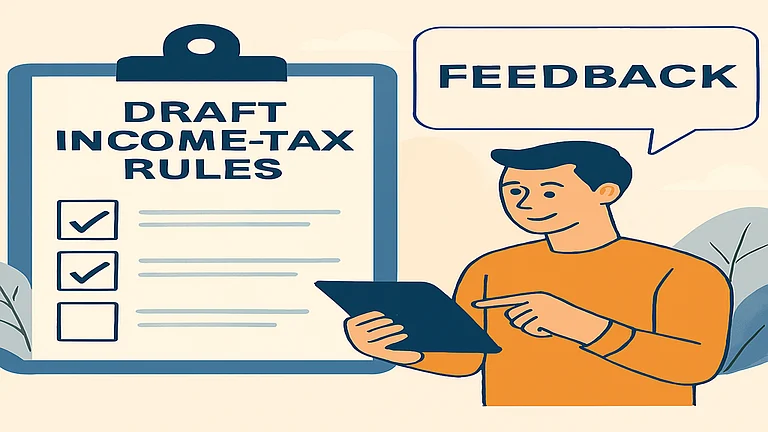The Reserve Bank of India (RBI), on August 18, 2023, asked banks to apply penalties and not penal interest rates in case of non-compliance by borrowers in new guidelines. Under the existing rules, lenders charge punitive interest rates approved by their boards.
The RBI notification observed that regulated entities, such as banks, non-banking financial institutions (NBFCs), regional rural banks (RRBs), commercial banks, co-operative banks, and financial institutions (SIDBI, NABARD, EXIM Bank, etc.), charge penal interest rates from borrowers for non-compliance, which are “over and above the applicable interest rates”.
To bring fairness to the lending system, RBI has introduced new guidelines. According to the RBI, the penalty should be considered a way to instil credit discipline and should not be used as a tool to earn more revenue.
Anil Pinapala, CEO and Founder of FlexPay by Vivifi, says, “This marks yet another positive stride taken by the RBI to enhance transparency and uphold equity in lending, prioritizing the interests of borrowers. The recent modifications guarantee that all direct loan-related fees are fully unveiled within the comprehensive Annual Percentage Rate (APR) outlined in the Key Facts Statement (KFS). It ensures that such charges are transparently presented, eliminating potential concealment within penal charge wordings”.
RBI has issued the following instructions in this regard for the REs.
• As per the instructions, if the borrower does not comply with any material terms and conditions laid down in the contract, the non-compliance will be treated as 'penal charges' and not the 'penal interest' added to the interest rate already charged on advances. It clarifies that there will not be any further interest calculated on the penal charge, while loan interest will not get affected due to this and will remain the same.
• The REs must comply with the instruction and will not add any other component to the interest rate.
• The REs will create the policy on penal charges and get it approved by the board.
• The penal charges should be reasonable. It says that the punitive charge should correspond to non-compliance with the terms and conditions of the loan and should not be biased within a loan or the product category.
• The instruction also says that the penal charges for an individual cannot be more than those applicable to the non-individuals, where the loan was taken for other than business purposes, and the non-compliance by the individual and non-individual borrower was of the same nature.
• Also, the REs must disclose the reason and the amount of penal charges in the loan agreement and the key fact statement (KFS) or the terms and conditions, whichever is applicable. They are also required to display the penal charge information on their website.
• In the case of sending reminders to the borrowers for their non-compliance with the conditions of loans, they will also be informed about the charges. If the charges are levied, REs will need to communicate the reason to the borrowers for such charges.
• The banks and the other regulated entities must update their internal policy framework per the RBI instructions. It will apply to all fresh and renewed loans from the effective date.
• For existing loans, the new penal charge instructions should be ensured on the next review or renewal date or six months from the effective date of this circular, whichever is earlier.
However, the circular says the new penal charge regime will not apply to 'the credit card, external commercial borrowings, trade credits, and structured obligations under product-specific directions'.
Says Pinapala, “Over the past year, the RBI has introduced new directives and updated existing ones on Digital Lending, KYC procedures, Co-Lending (FLDG), and now, Penal charges. These initiatives collectively aim to modernize regulatory frameworks in line with emerging products, technologies, and evolving business/lending models that have extended credit accessibility to previously untapped segments”.
The effective date for these instructions is January 1, 2024.













